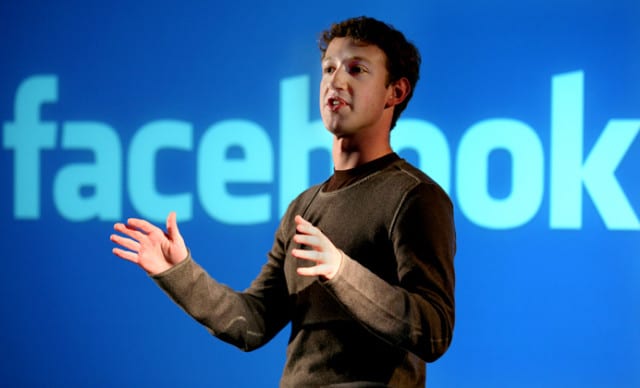
Inside Spotify, staff say their big U.S. delay left them “constipated”. Now that its American passage has been unblocked, Spotify is free to unload itself on to consumers. But, with its new Facebook partnership, the music service has excreted a big shower of poo on their heads.
This week, I got a panicked call from my girlfriend: “How do I unlink my Spotify and Facebook accounts?,” she asked, urgently. “I don’t want it sharing everything I listen to!”
She is one of many. Day by day in the week since Facebook announced its new share-everything apps, user irritation has grown, culminating in a lawsuit against Pandora (NYSE: P) for the same concept. This week, I have seen some users cancel both their Spotify subscription and Facebook account – surely not the intended synergy either service conceived by linking up. Spotify took pains to say it was “listening”, and introduced a “Private Listening” feature – a sticking plaster with which to opt out.
From here on in, the discontent, which is not wholesale, could very well ebb away and be remembered as merely the latest in a series of temporary freak-outs that have accompanied every Facebook feature change to date, including the introduction of the News Feed itself.
But, this time, Facebook and its new BFF, Spotify, seem to have significantly misjudged their consumers’ response to their more granular actions being shared. And this week that has earned Spotify its first significant PR dent in what has been a stellar run.
Long before Facebook’s Timeline and new media apps were conceived, Spotify CEO Daniel Ek had already imagined a world in which users would share links to his service’s songs. “Music is the most social object there is,” Ek had said.
Mark Zuckerberg, whose zeal for electronic sharing now borders on the religious, was just the man to execute that vision. “All your stories, all your life,” he told the F8 audience. “No activity is too big or too small to share.”
But many users this week – even some amongst the super-connected pro-social sharing club – have drawn a line in the sand as Facebook and its new media partners have enabled this more detailed sharing. So it is now possible to wonder whether the share-everything mantra expected of users by web developers is really as inevitable as Silicon Valley thinks.
For a start, music, to me, is intensely personal, not necessarily social. I like the music I like; it defines and entertains me, and I like talking about some music with friends with the same tastes. But I don’t necessarily feel the need to shout to everyone about everything I listen to, nor every news article I read or every accomplishment within games I play.
The implications are legion – a boss might wonder if her employee is really off sick if he is playing music, for example. Yes, users are always in control of settings – but, in that time-honoured way, Facebook’s privacy settings are rarely clear, and the new apps allow developers to set sharing to on by default.
How could Facebook and Spotify have over-estimated their consumers’ inclinations? Why has the social sharing dogma taken so strong a hold? Out of its 800 million users, Facebook could have soft tested the features in at least a few thousand accounts to gauge reaction. Instead, Spotify is patching the situation retroactively. From “frictionless sharing” to “private listening”, and little in between.
With its new features, Facebook is essentially trying to create the ultimate lifestream – not a new concept; many thousands of people. But, even on a technological level, the execution is not superb. For example, if I want to play a song I see, through Facebook’s Ticker, a friend is playing through Rdio, I must also have Rdio (I don’t). If my friends want to play songs I am playing through Spotify, they must also have Spotify (many of them don’t).
But each service is only available in certain territories and, for some people, neither may be their music app of choice. A better execution would have been to allow users to play the song in their favourite music service.
It feels at this point that the companies are live-testing major new features, seat of the pants, in the public gaze.